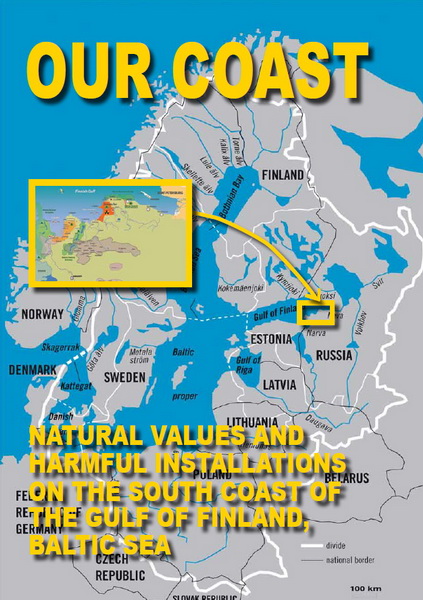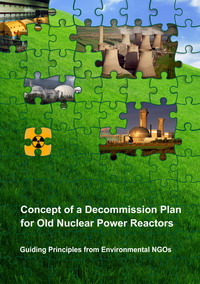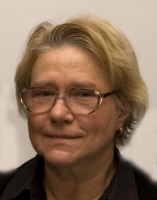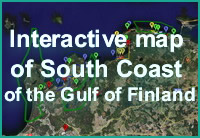
 |
The South Coast of the Gulf of Finland |
|---|---|
| Natural Values and Harmful Installations |
 |
Concept of a decommission plan for old nuclear power reactors |
|---|---|
| Guiding Principles from Environmental NGOs |
In memory of Lydia Popova
 Our dear Russian colleague, Lydia Popova, has passed away. Lydia has been our colleague for more than 10 years, doing invaluable work on a number of subjects connected with nuclear safety issues and other energy related issues. Our latest cooperative effort was a report about a NGO concept of a Russian decommissioning plan for the oldest nuclear power reactors. Lydia contributed very valuable knowledge to this report, chiefly regarding how to make a legislative framework for the handling of the nuclear waste generated by breaking up old nuclear reactors.
Our dear Russian colleague, Lydia Popova, has passed away. Lydia has been our colleague for more than 10 years, doing invaluable work on a number of subjects connected with nuclear safety issues and other energy related issues. Our latest cooperative effort was a report about a NGO concept of a Russian decommissioning plan for the oldest nuclear power reactors. Lydia contributed very valuable knowledge to this report, chiefly regarding how to make a legislative framework for the handling of the nuclear waste generated by breaking up old nuclear reactors.
Lydia graduated as a physicist in 1969 from the Physics Faculty of the Moscow State University. After graduation and until 1990, she worked in the research institute CNII Atominform. After the big changes in Russian society starting in 1989, she helped form a NGO network, the International Socio-Ecological Union (ISEU). There, she worked as coordinator of research programs on renewable energy. From 1993, she was Director for the Centre for Nuclear Ecology and Energy Policy in ISEU.
Lydia was active in many directions, all the time working hard for a better environment, in Russia and globally. Lydia’s calm and friendly nature was followed by hard facts and convincing arguments, and made her a strong participant in public debates. She was the author of the book “Plutonium in Russia. Ecology, economy, policy. Independent analysis”(1994) and a number of other publications on the problems of energy industry and nuclear technologies. She was awarded the international prize ‘The Nuclear-Free Future Award” 1999, Los Alamos, USA. She was also member of the International Council of the Institute for Climate and Environment, Wuppertal, Germany (1995-2005), as well as member of the Board of the Energy Efficiency Center (Moscow).
Born right after Second World War, Lydia grew up in Moscow with her parents. Her father was an immigrant to Moscow from the countryside. She gained admittance to a very competitive university education in physics. Here she met a fellow student, Mikhail, who later became her husband. They married while both were students.
Lydia had a deep and genuine love for her subject. When asked by her admittance committee, she stated that her main reason for wanting to go into theoretical physics was….” because it is so beautiful!” This was obviously the right answer!
We have come to know Lydia as a devoted and very competent colleague, although always with her family as an important part of life. We are grateful for having had the possibility to know and work with Lydia. We will miss her deeply, as a colleague, and as a friend.
Our thoughts go out to her family in Russia and to her friends everywhere.
Rest in Peace.
Norges Naturvernforbund
International Project Department
Yngvild Lorentzen
Kjersti Album
Dag Høystad
Tore Brænd
Oleg Bodrov, Greenworld


